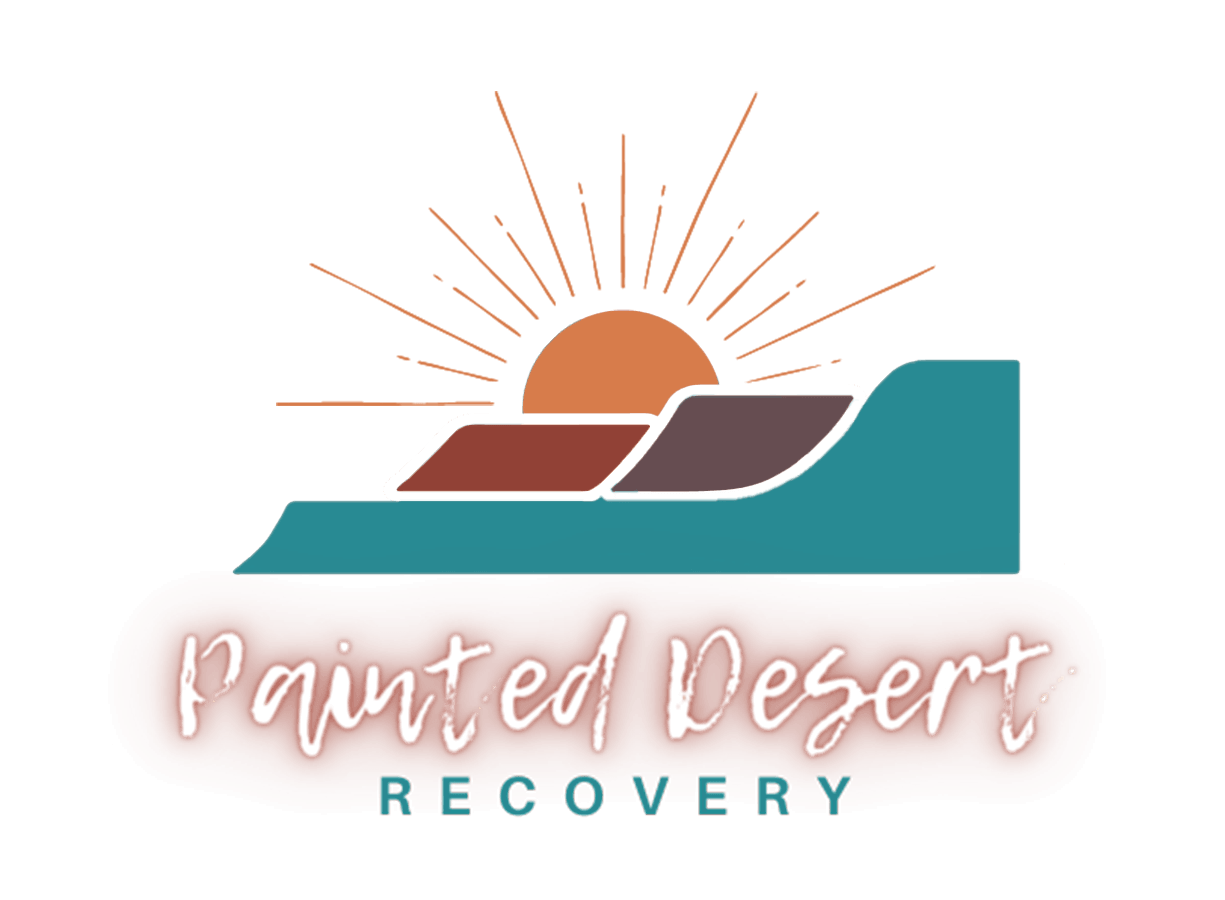For those who struggle with both trauma and addiction, it can be hard to know what to do. Some might feel as though their trauma and addiction are too severe and that they are beyond help. Others might think that they experience trauma and addiction because they are “bad” people and thus deserve to struggle. Both aspects are shrouded in stigma and thus poorly understood by much of the population. For some, they feel as though they may struggle forever.
However, there is hope for those struggling with trauma and addiction. It’s important to know that people care about you and your loved ones. There are mental health care professionals who dedicate their whole lives to helping others recover from their trauma and addiction. It’s possible for anyone, no matter who they are, to recover from trauma and addiction. All they need is the right help, support, and inner desire to overcome their struggles.
However, to receive help and begin their recovery journey, a person has to understand that they both need and deserve to be helped.
Why You Deserve Treatment for Trauma and Addiction
One of the biggest reasons someone may not consider treatment is because they feel as if they don’t deserve help. As mentioned before, both trauma and addiction are heavily stigmatized in the United States. This causes many people to not seek help out of shame, fear of judgment, or fear of blame. It’s especially true for women, who are often blamed for the trauma they experience. As a result, it can be hard to gather the courage to seek help.
People need to understand that trauma and addiction are not punishments for being a “bad” person. Nobody deserves to have to experience the pain of trauma and addiction. Either can happen to anyone at any time, no matter their sex, race, religion, or social status. No human being deserves to experience trauma and addiction.
What you and your loved ones deserve is compassionate and quality mental health care. Everyone deserves to receive help when they need it. It may be hard to internalize this truth at first, especially when you blame yourself, but it does get easier over time.
How Is Trauma and Addiction Treated?
Many times, someone with an addiction also struggles with a co-occurring mental health disorder. The most common of which is trauma-based, which can cause a wide array of anxiety disorders as well as post-traumatic stress disorder (PTSD). One disorder cannot be treated without addressing the other. Trying to treat one at a time usually fails, as both disorders can fuel the other. It may sound impossible, but anyone can recover with the right treatment plan.
This is done by someone receiving both addiction treatment and trauma-based therapy during their treatment plan. Many addiction treatment facilities have trauma-based therapies ready to assist their clients, including Painted Desert Recovery. This is because trauma and addiction are commonly seen together. The result is that several therapies exist that are designed to help people recover from both at the same time. Typically, a client will receive a combination of psychotherapy, holistic therapies (such as art therapy), and experiential therapy. Sometimes, a person may need to take prescribed medications to assist in treating the symptoms of trauma and addiction, though it’s not always the case.
There is currently plenty of research being done to find ways to better treat trauma and addiction. As our understanding of both grows, so, too, will the effectiveness of treatment. In the meantime, don’t feel as though you have to rush through treatment. Clients are welcome to take as much time as they need until they are ready to recover from their trauma and addiction. Some people need more time than others, and that is okay.
Finding Care at Painted Desert Recovery
Painted Desert Recovery is a women-only addiction treatment facility specifically designed to help women achieve recovery. Because of this, the staff at Painted Desert Recovery is all too aware of the challenges women face in experiencing trauma and addiction, as well as trying to seek treatment for them. This understanding allows the staff at Painted Desert Recovery to offer comprehensive treatments that address these unique challenges. Here, women can find a safe place to explore who they are, receive quality treatment, and recover from trauma and addiction.
Anyone can recover from their trauma and addiction as long as they want to make a positive change in their lives. It can be hard to ask for help, which is why we, as humans, rely on each other. If you have difficulties reaching out for help alone, it’s always okay to have a loved one with you for support. Only by helping each other can people fully recover from trauma and addiction.
Addiction treatment is not easy for those having to undergo treatment. What makes it more complicated is when the addiction is the result of trauma. Since one cannot be treated without addressing the other, clients will need to get treatment for both at the same time. It may seem like a tall order, but anyone can overcome both addiction and trauma with the right type of help. At Painted Desert Recovery in New Harmony, Utah, we offer the treatments our clients need to overcome their addiction and trauma in a safe, supportive environment. If you or a loved one is struggling with addiction and trauma, don’t wait. Call us today at (844) 540-0353.







